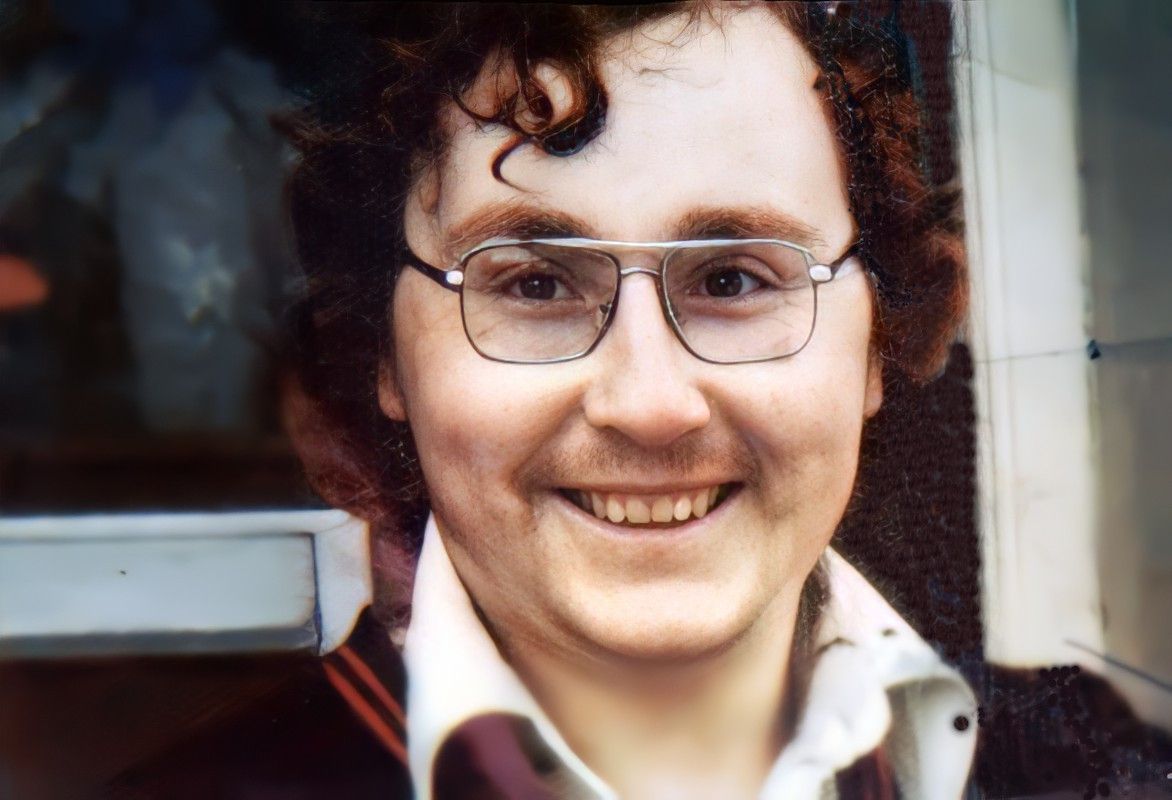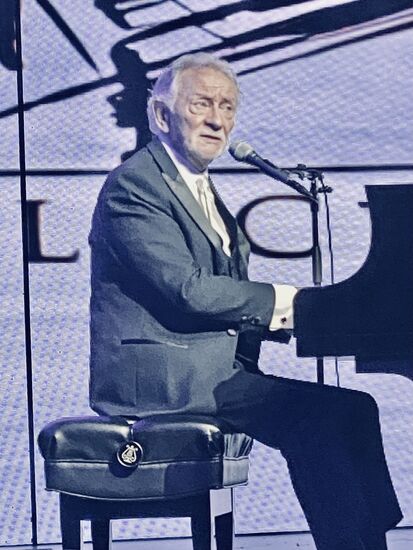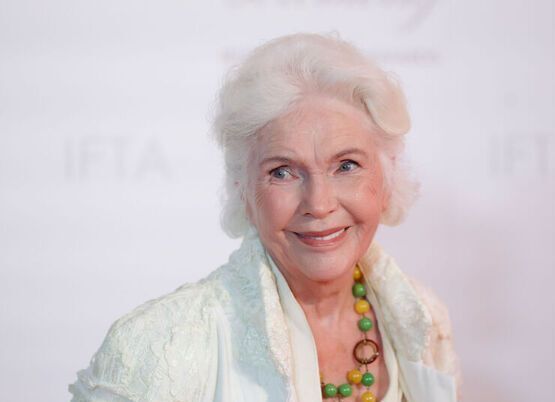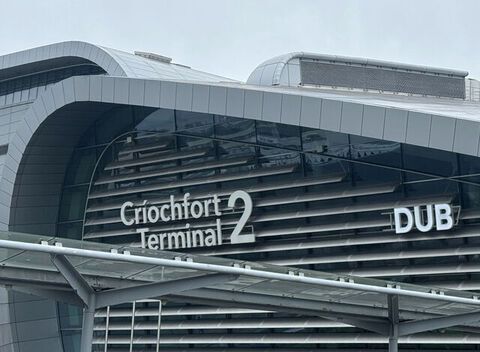This column will be in Cork, le cuidiu Dia, to attend the National Hunger Strike Commemoration on Sunday.
It’s the first time that this annual event will be held in Cork. It will remember the ten 1981 hunger strikers and Michael Gaughan and Frank Stagg, who both died in English prisons and those Cork republicans - Terence MacSwiney, Michael Fitzgerald, Joseph Murphy, Denis Barry and Andy O’Sullivan - who also died on hunger strike during the Tan War and the Civil War.
The commemoration will also remember those others who died on hunger strike in the intervening years.
Last Sunday was the anniversary of Micky Devine’s death. He was the last of the 1981 hunger strikers to die. He was 27 and from the Creggan in Derry City. Like so many others of his generation Mickey's life and politics were shaped by partition and the endemic sectarianism and deep-rooted repression that permeated all aspects of life in the northern state for nationalists and republicans.
In its biography of Micky the Bobby Sands Trust ( https://www.bobbysandstrust.com ) recalls that the first civil rights march in Derry took place on October 5th, 1968, when the RUC attacked civil rights marchers at Duke Street. Remembering that day, Micky, who was then only fourteen, wrote: "Like every other young person in Derry my whole way of thinking was tossed upside down by the events of October 5th, 1968. … Within a month everyone was a political activist. I had never had a political thought in my life, but now we talked of nothing else."
Bloody Sunday, too, had a profound impact on Micky. He later wrote: "I will never forget standing in the Creggan chapel staring at the brown wooden boxes. We mourned, and Ireland mourned with us.”
In September, 1976 Micky was arrested and eventually ended up in H-Block 5 where he spent the next four years on the blanket. On 22 June 1981 he joined the hunger strike.
I knew some of the hunger strikers before they went into prison. Others I met in prison, including Micky Devine. In "Before the Dawn" I wrote about my visit to the prison hospital on 29 July 1981 to meet the hunger strikers. Forty two years later it remains fresh in my memory.
I went to Long Kesh in the company of Owen Carron, who was then fighting to retain Bobby Sands' Fermanagh/South Tyrone Westminster seat. Seamus Ruddy of the IRSP was also present.
We went to the prison hospital. I knew both Kieran Doherty and Pat McGeown, two of the hunger strikers, and Bik McFarlane the O.C. of the republican prisoners.
In September, 1976 Micky was arrested and eventually ended up in H-Block 5 where he spent the next four years on the blanket. On 22 June 1981 he joined the hunger strike.
I was concerned about the physical state of the hunger strikers, and I feared that our arrival might falsely raise their hopes. Brendan (Bik) McFarlane, Tom McElwee, Laurence McKeown, Matt Devlin, Pat McGeown, Paddy Quinn and Mickyy Devine were assembled in the canteen of the prison hospital when we arrived.
Paddy Quinn was in a wheelchair. Brendan, Pat and Matt had been taken from their cells to the prison hospital while the others, dressed in prison-issue pijamas and dressing gowns, had been brought from their cells in the prison hospital itself. Kevin Lynch and Kieran Doherty were too ill to attend.
They all looked rough, prison-pale skin stretched across young skull-like faces, legs and arms indescribably thin. As they smiled across the table at us, all my fears and apprehension vanished.
Big Tom (McElwee) offered me a jug of spring water. "Ar mhaith leat deoch uisce?" (‘Would you like a drink of water?’) "Ba mhaith, arsa mise." ("I would," said I.) "Lean ar aghaidh, tá a lán uisce san áit seo,’ arsa sé. ("Go ahead, there’s a lot of water in this place," he said.)
We began to discuss the hunger strike. We outlined the situation to them. The lads were fully aware of all developments. They sat quietly, smoking or sipping water, listening intently to us. When we had finished there was a discussion. They were crystal clear in their attitudes. There was no basis for a settlement.
The British government was dug in. Yes, they knew they could come off the hunger strike at any time. They knew the score; they didn’t want to die, but they needed a settlement of the issues which caused the hunger strike before they would end their fasts.
"You could all be dead," I said. "Everyone left in this room when we leave will be dead.'
"Sin é," said somebody. ("That’s it.") "They won’t break us. If we don’t get the five demands, then the rest of the boys and the women will."
Cork is hosting this year's Hunger Strikes commemoration.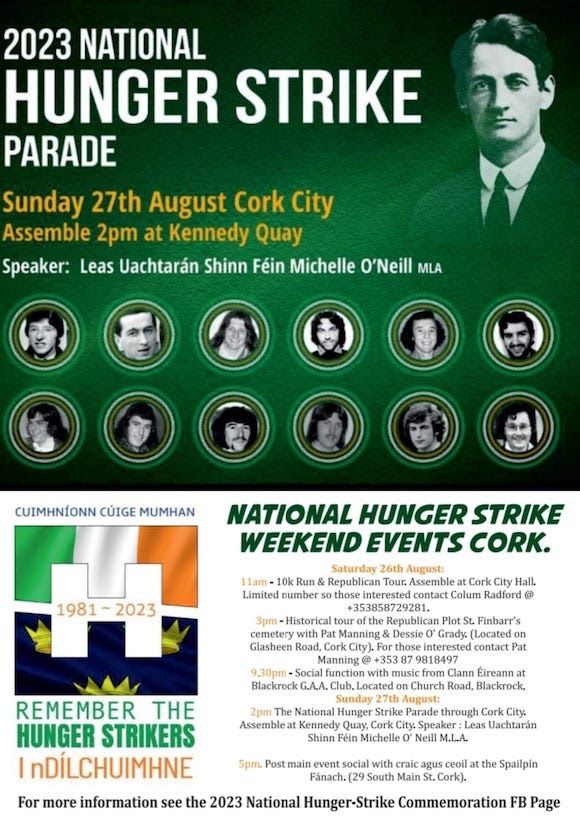
Bik arranged for us to go and see Kieran Doherty. Doc was propped up on one elbow, his eyes, unseeing, scanned the cell as he heard us entering. "Mise atá ann," ("It’s me") said Bik.
"Ahh Bik, cad é mar atá tú?" arsa Doc. ("Ahh Bik, how are you?" Doc said.) "Nílim romh dhona, agus tú féin?" ("I’m not too bad, and yourself?") "Tá mé go hiontach; tá daoine eile anseo? Cé …?" ("I’m great; are there other people here? Who …?") "Tá Gerry Adams, Owen Carron agus Seamus Ruddy anseo. Teastaíonn uatha caint leat." (‘Gerry Adams, Owen Carron and Seamus Ruddy are here. They want to speak to you") "Gerry A’, fáilte." ("Gerry A’, welcome.")
"He greeted us all, his eyes following our voices. Doc looked massive in his gauntness. I spoke to him quietly and slowly. He responded with patience. "You know the score yourself," he said. "I’ve a week in me yet. How is Kevin (Lynch) holding out?"
"You’ll both be dead soon. I can go out now, Doc, and announce that it’s over," I said to him. He paused momentarily, and reflected, then said: "We haven’t got our five demands and that’s the only way I’m coming off. Too much suffered for too long, too many good men dead. Thatcher can’t break us. Lean ar aghaidh. I’m not a criminal."
He said: "For too long our people have been broken. The Free Staters, the church, the SDLP. We won’t be broken. We’ll get our five demands. If I’m dead … well, the others will have them. I don’t want to die, but that’s up to the Brits. They think they can break us. Well they can’t." He grinned self-consciously. "Tiocfaidh ár lá." ("Our day will come.").
We talked quietly for a few minutes. Owen got another ribbing about the election. We got up to go. We shook hands, an old internee’s hand-shake, firm and strong. "Thanks for coming in, I’m glad we had that wee yarn. Tell everyone, all the lads, I was asking for them and …" (he continued to grip my hand) "Don’t worry, we’ll get our five demands. We’ll break Thatcher. Lean ar aghaidh."
We didn’t get to see Kevin Lynch. He was too ill. In the canteen one of the lads suggested that the hunger strikers write an agreed statement signed by them all. "Send it out yourselves tomorrow. They’ll think we solicited it from you," I advised. I scribbled out an account of our visit for the media outside and read it to the boys. They dictated two paragraphs to me, then, satisfied at the final draft, we spent the last few minutes talking
We all shook hands. "Mind yourselves, and tell our families we’re sound." "Beannacht Dé ort,’ arsa Bik, ‘agus bí cúramach." ("God bless you," said Bik, "and be careful.") ‘Tiocfaidh ár lá," ("Our day will come,") they shouted as we departed.
Kevin Lynch died on August 1. Big Doc died the following day, 2 August. Tom McElwee died on 8 August and the last of the ten hunger strikers, Micky Devine, died at 7.50 a.m. on Thursday, August 20th.
It was the same day that voters in Fermanagh/South Tyrone were beginning to make their way to the polling booths in the by-election caused by the death of Bobby Sands. Owen Carron was elected as the new MP for the constituency. The hunger strike ended on October 3.

